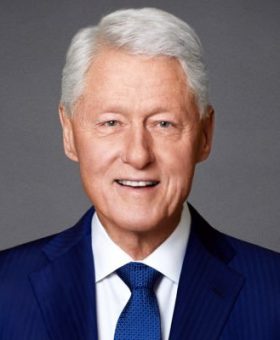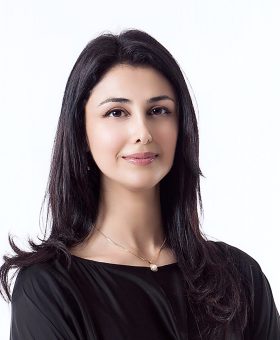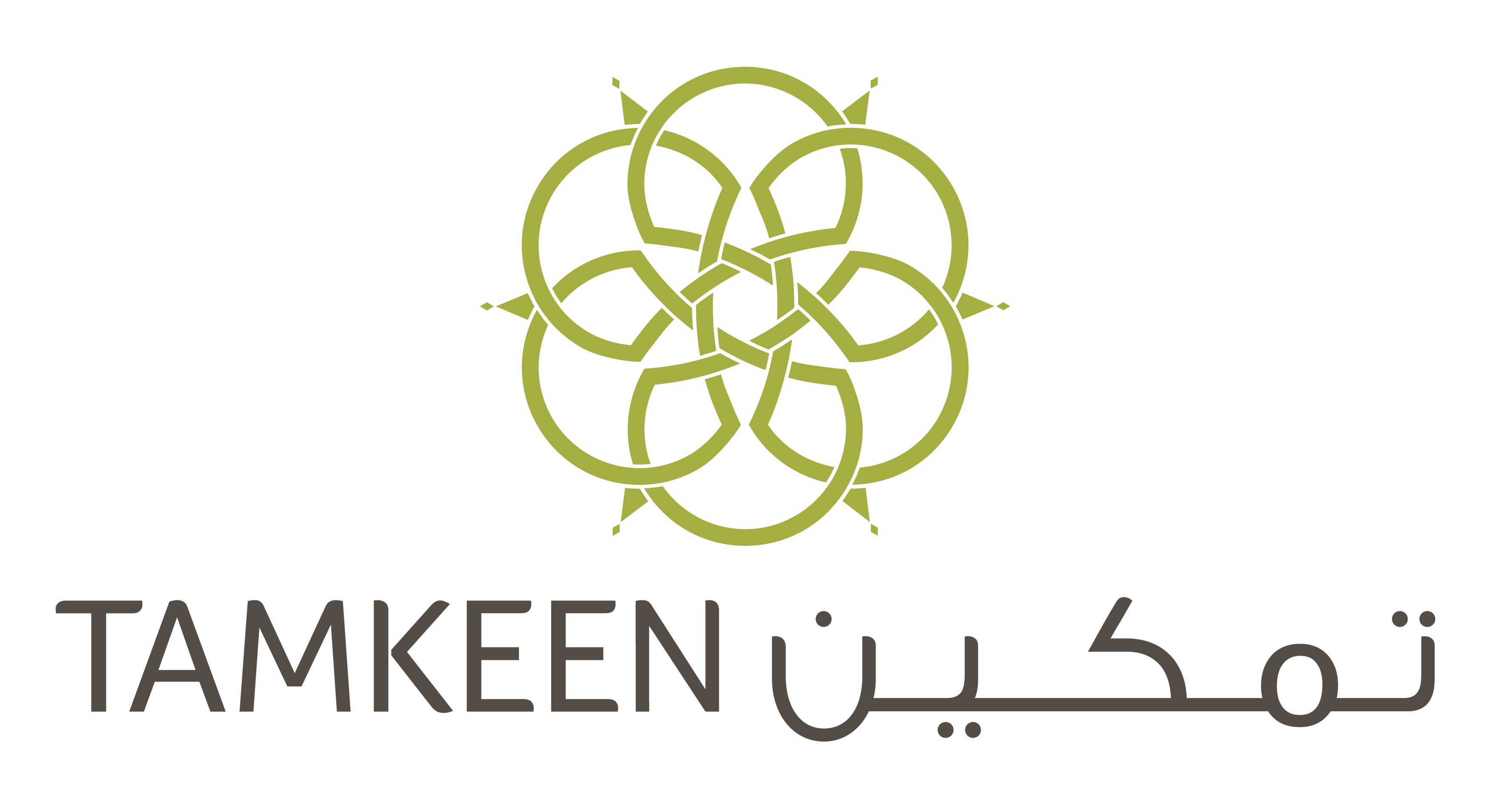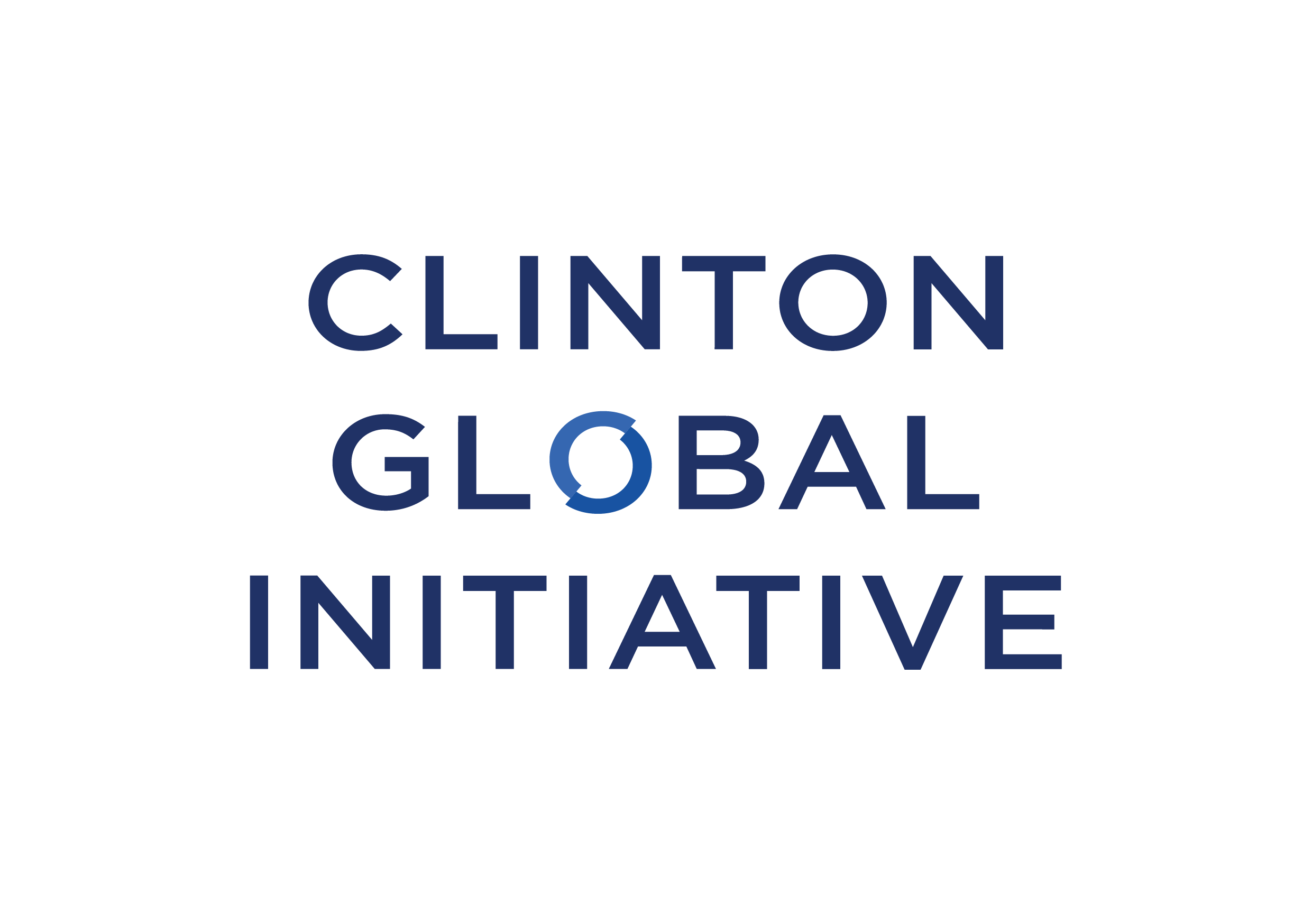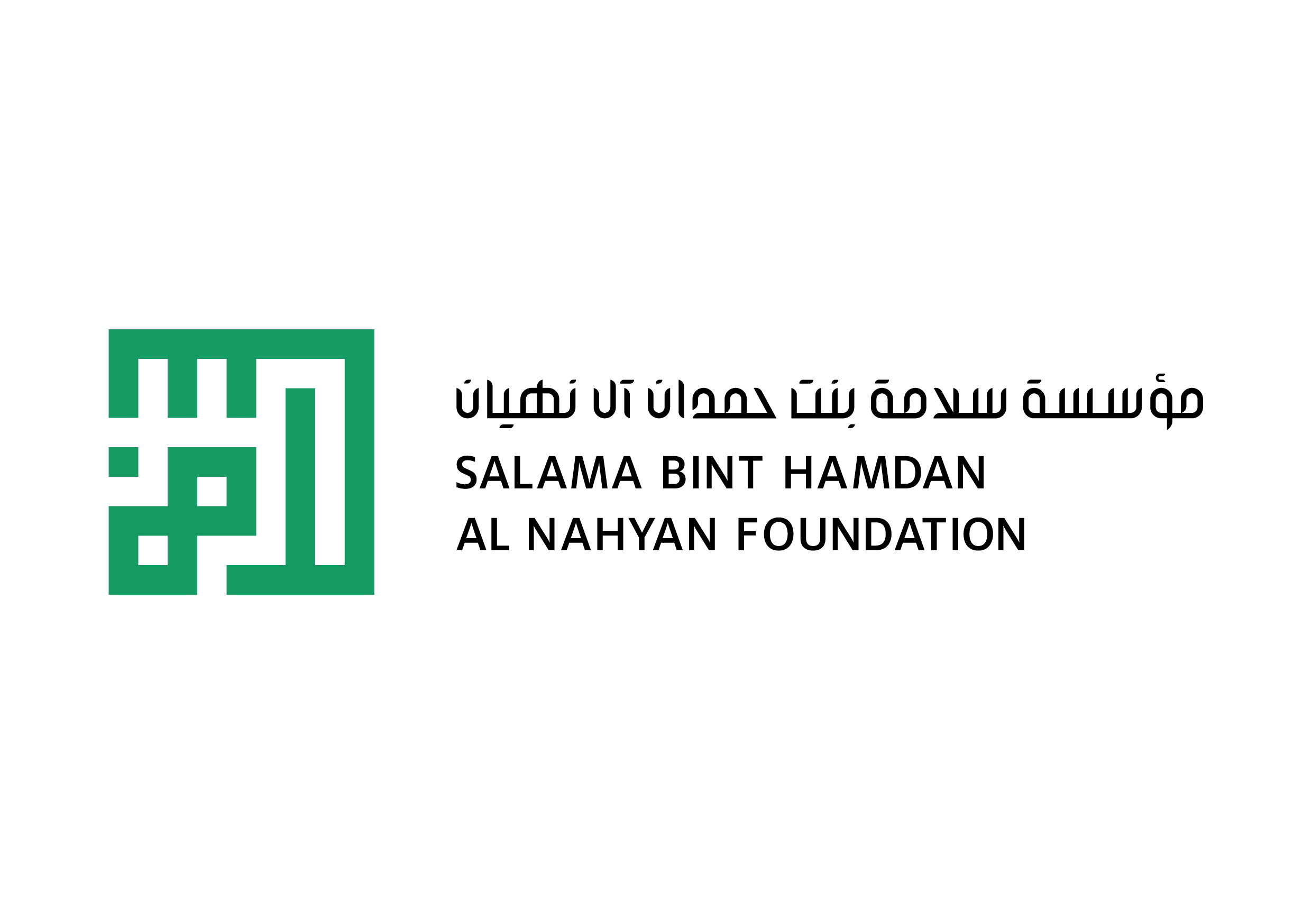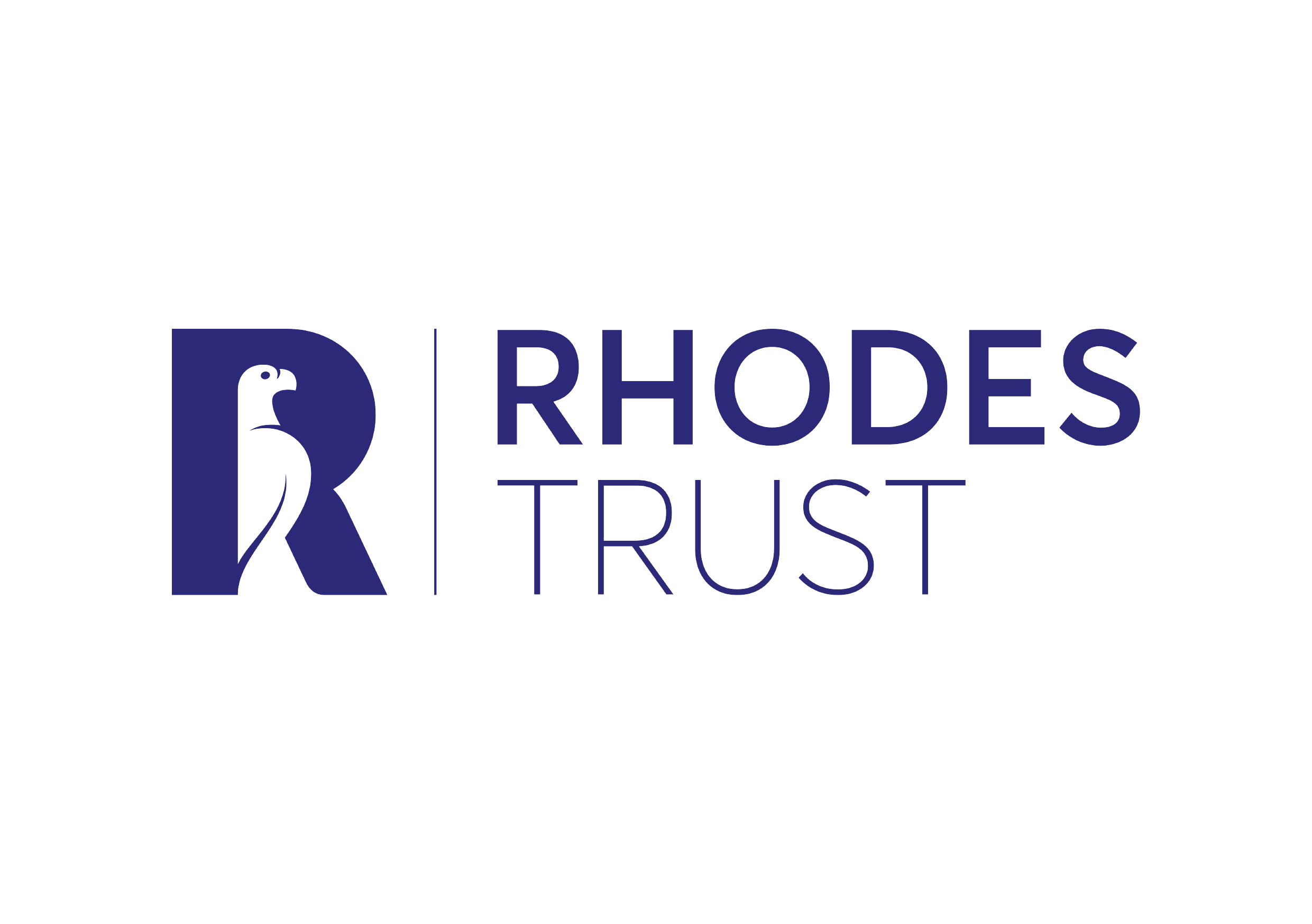ESSENTIAL TOOLS FOR LEADERSHIP IN THE 21ST CENTURY ESSENTIAL TOOLS FOR LEADERSHIP IN THE 21ST CENTURY
The sixth edition of Ideas Abu Dhabi celebrated the 10th anniversary of the Rhodes Scholarship for the UAE. Held in partnership with the Clinton Global Initiative, Rhodes Trust, and the Salama bint Hamdan Al Nahyan Foundation, the event convened 12 UAE Rhodes Scholars and was led by President Bill Clinton, 42nd President of the United States and Board Chair of the Clinton Foundation. The session examined how emerging leaders can most effectively build partnerships and take action on urgent issues facing our world.
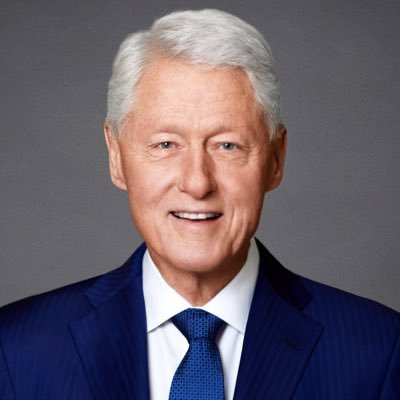
Bill Clinton was born William Jefferson Blythe III on August 19, 1946, in Hope, Arkansas, three months after his father died in an automobile accident. In high school, he took the name of his step father, Roger Clinton of Hot Springs, Arkansas.

Rima Al Mokarrab is Executive Director of the Strategic Affairs Unit of the Executive Affairs Authority (EAA). The EAA provides analysis and advice on a variety of portfolios to the President of the UAE, His Highness Sheikh Mohamed bin Zayed Al Nahyan.
Ms. Al Mokarrab is on the Board of Trustees of New York University, and on the Board of Trustees of the Emirates Centre for Strategic Studies (ECSSR). Ms. Al Mokarrab also is Chair of Tamkeen, an organization that plans, develops, and delivers projects on behalf of the UAE, and co-founded and currently co-chairs the annual Abu Dhabi Ideas Forum in partnership with the Aspen Institute. She is the Vice Chair of the Board of Zayed University. She previously sat on the Board of the UAE Space Agency.

